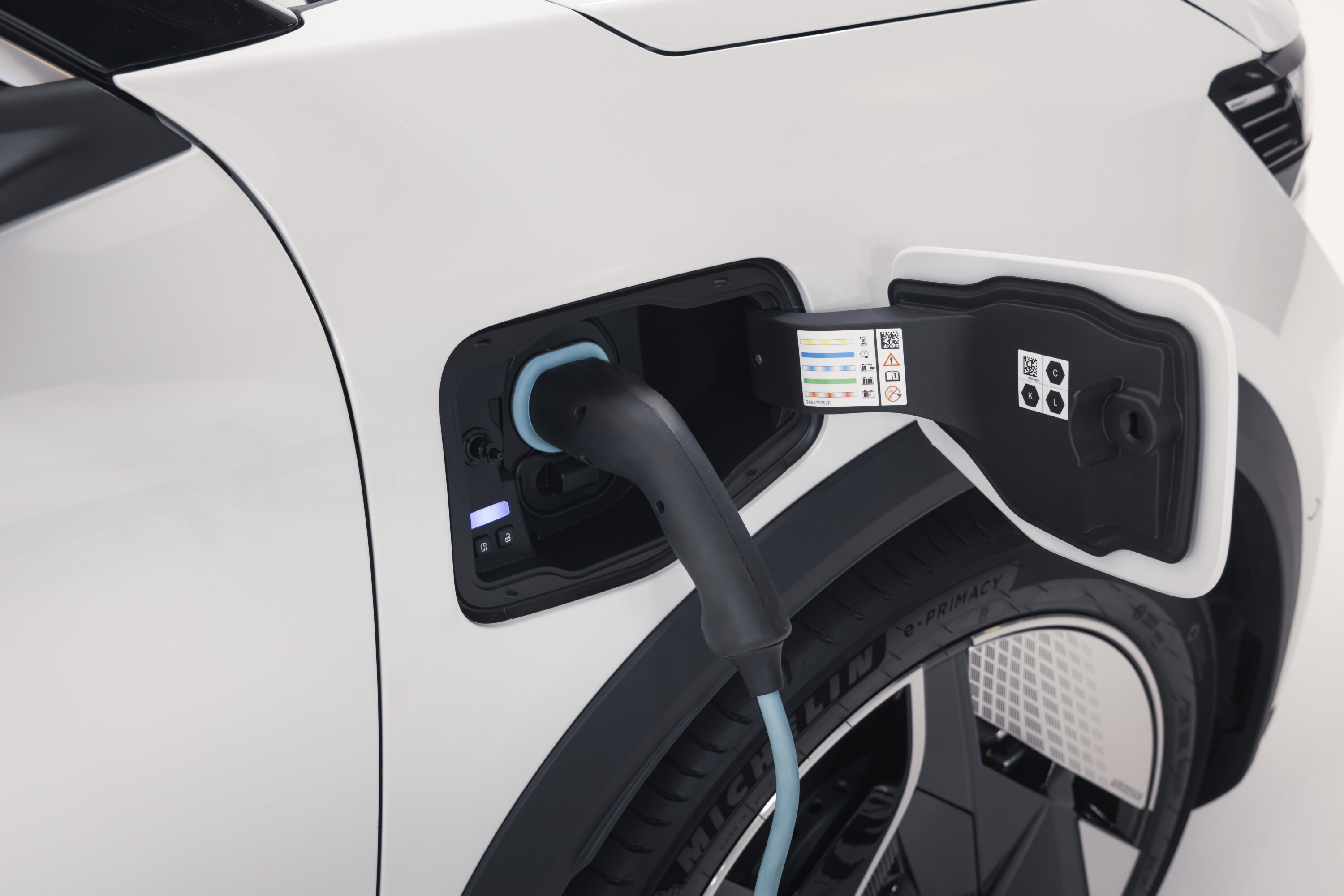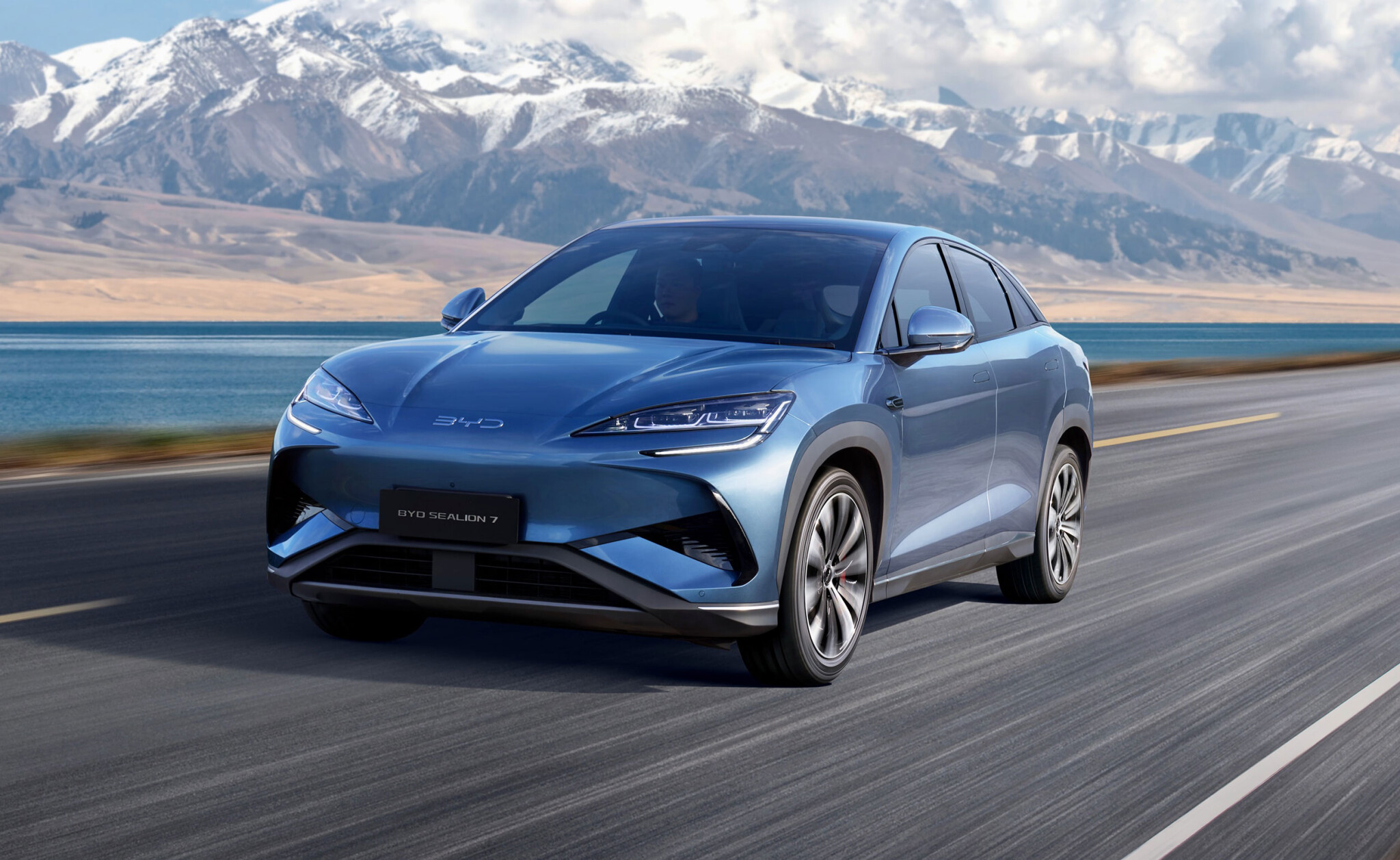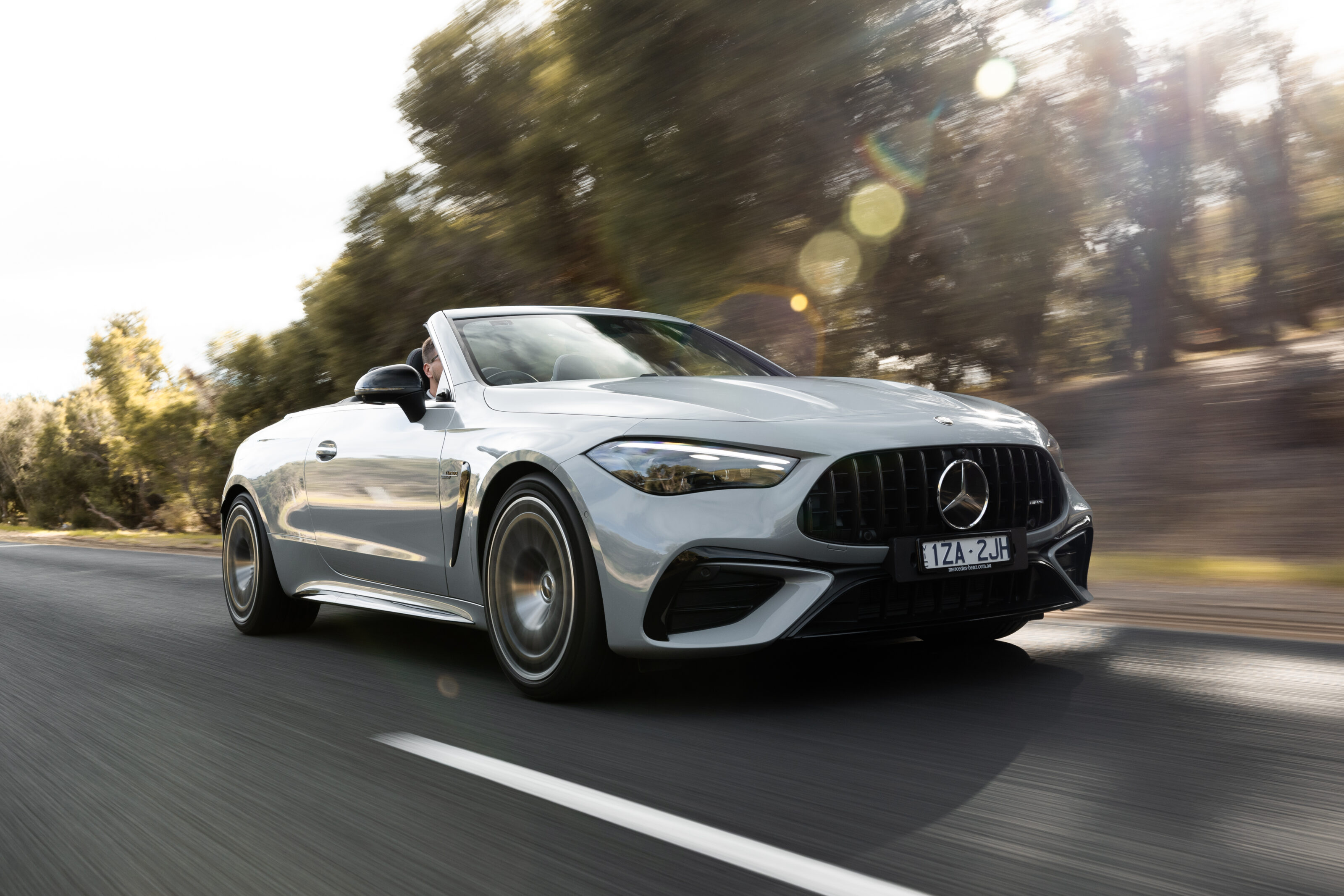
In a landmark verdict handed down in the Australian High Court, Victoria’s Zero and Low Emission Vehicle Distance-based Charge Act (2021) has been deemed invalid under the Australian Constitution.
The high court has found that the charge levied on owners of electric and plug-in hybrid vehicles in the state constitutes an excise under Section 90 of the Australian Constitution – and as such, falls under the jurisdiction of the federal, not the state, government.
In addition, the court reopened and overruled a 1974 case for its “anomalous and unsustainable” conclusion that a tax on the consumption of goods was not an excise.
The chief justice, Susan Kiefel, along with justices Jacqueline Gleeson, Stephen Gageler and Jayne Jagot, ruled in favour of the plaintiffs in a 4-3 decision.
Victoria was ordered to pay costs.
The core of the dispute brought by Equity Generation Lawyers on behalf of EV owner plaintiffs Christopher Vanderstock and Kathleen Davies was the imposition of the excise for “use of the ZLEV on specified roads”.
The scheme, administered by Victoria’s Department of Transport and Planning, charges users of both battery-electric vehicles and plug-in hybrids at the rate of 2.8c and 2.3c per kilometre travelled, respectively. Both amounts were increased on 1 July this year.
It was designed to replace the federally administered fuel levy, which is currently charged at 44.8c a litre on all fuel products.
The tax had recently come under fire from the Victorian Ombudsman, Deborah Glass, who said that “thousands of people have been affected by the charge since it came into effect in 2021, many of them unfairly.”
According to the high court, the Commonwealth Attorney-General, Mark Dreyfus, and the Australian Trucking Association intervened in support of the plaintiffs, while the Attorneys-General of each other State and of the Australian Capital Territory and the Northern Territory intervened in support of the defendant.
Two-year court battle
The case was filed in September 2021, and was heard by the full bench of the high court in February this year.
However, the high court found for the plaintiffs, ruling that the road tax was in fact an excise, which the states and territories could not implement.
“The ZLEV charge is a tax on goods because there is a close relation between the tax and the use of ZLEVs,” read a judgement paper from the court.
“And the tax affects ZLEVs as articles of commerce, including because of its tendency to affect demand for ZLEVs.”
The finding not only throws into doubt plans by NSW and South Australia to levy a similar charge on its EV users, but it may set off a flurry of actions against state and territory governments over a wide variety of state-levied charges, including car registration and waste disposal fees.
Politicians are already calling for the Victorian government to refund all of the taxes collected since 2021.
Plaintiff “thrilled” by verdict
Ms Davies told the ABC [↗] that she was “thrilled” to have won the constitutional challenge.
“Australia is lagging behind the rest of the world on electric vehicle uptake,” she said.
“Now is not the time to be taxing electric vehicles — it’s the time to be doing everything we can to encourage people to make the switch to cleaner cars.”
“The electric vehicle industry warned the Victorian government this policy was muddle-headed years ago,” the Electric Vehicle Council’s chief executive Behyad Jafari said.
“There is nothing inherently wrong with road user charges, but they should never be calibrated to discourage the take-up of electric vehicles.”



